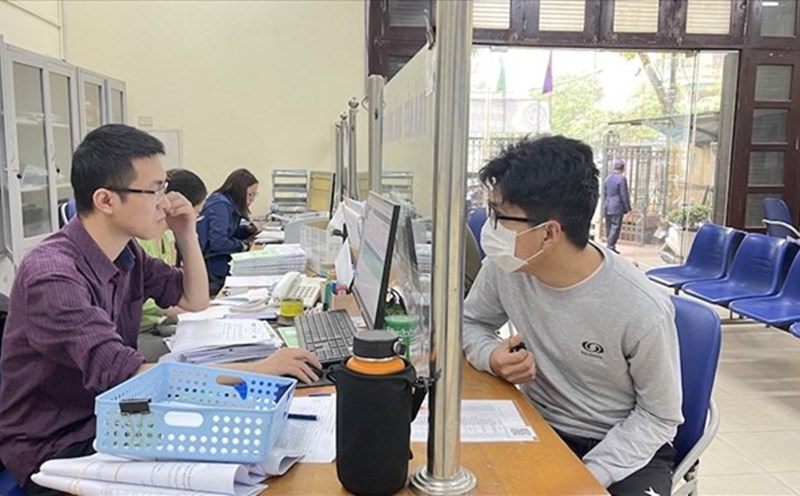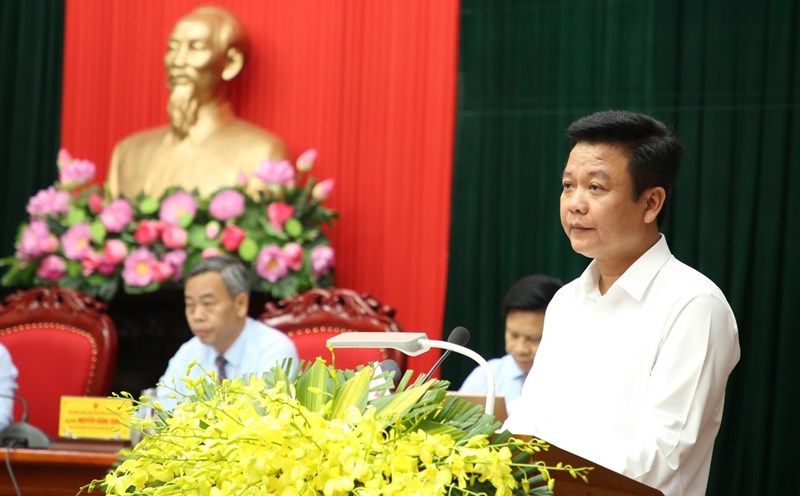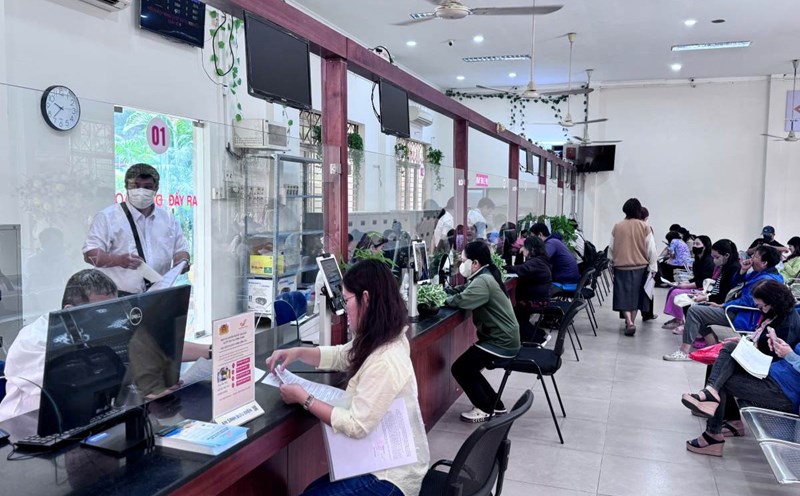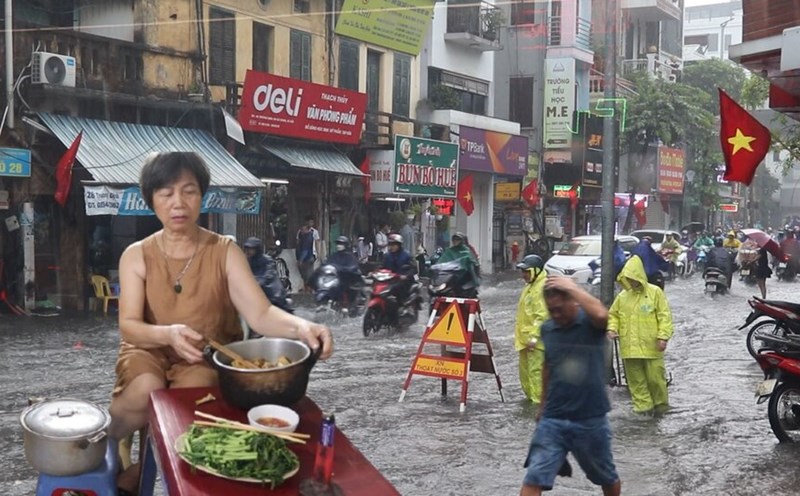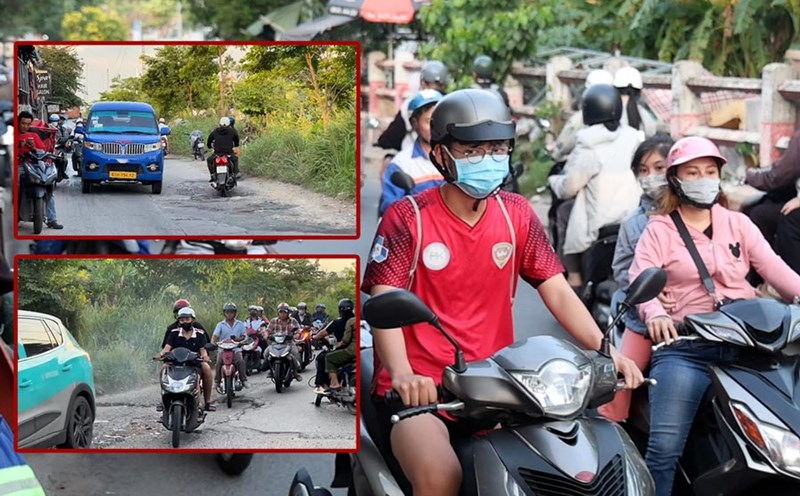Shortage of specialized human resources
On August 14, at the question-and-answer session of the 2nd Session of the 8th Provincial People's Council, delegate Dinh Thi Chuan asked Director of the Department of Home Affairs Le Thi Thanh about the shortage and imbalance of commune-level cadres and civil servants after the local authorities at both levels came into operation.
According to the delegate, the policy of streamlining the apparatus and improving management efficiency is correct. However, the reality at the grassroots level shows that human resources in many specialized fields such as science and technology, finance, resources, construction, etc. are still lacking, making it difficult to advise and direct. She requested the Department of Home Affairs to clearly identify the earliest and most effective solution.
Director of the Department of Home Affairs Le Thi Thanh said that the shortage of technical human resources is occurring in most communes and wards, especially in mountainous, remote and isolated areas.
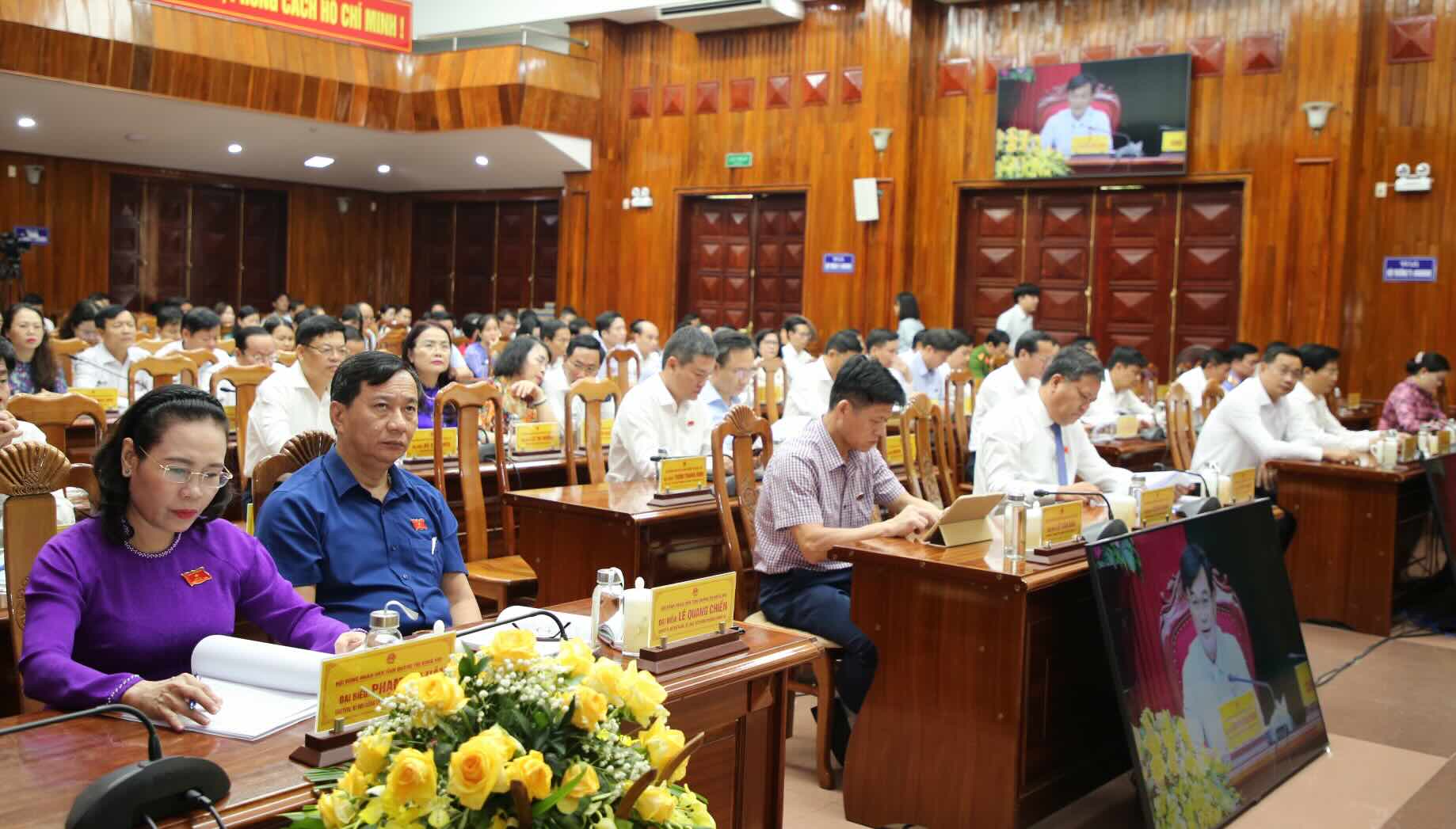
The reason comes from the large workload, the commune-level government under the new model takes on a total of 1,065 tasks, on average each civil servant is responsible for more than 35 tasks. Meanwhile, the People's Committee at the commune level only has 3 specialized departments, each department has an average of 6 people, and has to carry a workload equivalent to 1-2 departments, branches and sectors.
Typically, the Economic Department with 4 professional civil servants must handle the fields of transportation, construction, planning, finance, agriculture, natural resources - environment... Each position requires different expertise, and requires additional personnel for general tasks such as accounting, clerical, and archives. Therefore, a shortage of specialized personnel is objective and inevitable.
When the new commune-level government model comes into operation, the human resources arranged are mainly from district-level cadres and civil servants and previous commune-level cadres and civil servants; while the structure and number of specialized positions for some jobs are not enough to arrange enough for the new commune level. In addition, implementing the arrangement of administrative units, 1,148 cadres and civil servants have resigned according to Decree 178/2025/ND-CP, further increasing the imbalance.
Strengthening secondment and decentralization
To overcome this, the Department of Home Affairs will advise the Provincial People's Committee to synchronously deploy many solutions. In the immediate future, urgently increase and second qualified cadres, civil servants and public employees from the provincial level to localities to support the remaining specialized fields, helping to stabilize the operation of the commune-level government in the first stage.
Based on the job position project, the department will propose decentralization to the People's Committee of the commune to proactively select and determine the number, training majors that need to be recruited, transferred or accepted, suitable for the characteristics of the area, socio-economic conditions, population size and personnel status. At the same time, regularly assess the quality of the team, remove from the political system weak cadres who do not meet requirements, to recruit replacements, and gradually improve quality.
At the same time, the department will increase training and fostering to improve professional capacity and skills for commune-level cadres, civil servants and public employees, especially those who have to concurrently hold many job positions.
The Department of Home Affairs will also recommend that the Ministry of Home Affairs and central ministries and branches only regulate the framework on the organizational structure, number of civil servants of specialized departments and administrative organizations; the specific arrangement will be authorized for each locality to decide, to ensure compliance with the reality of each commune, ward and special zone.

